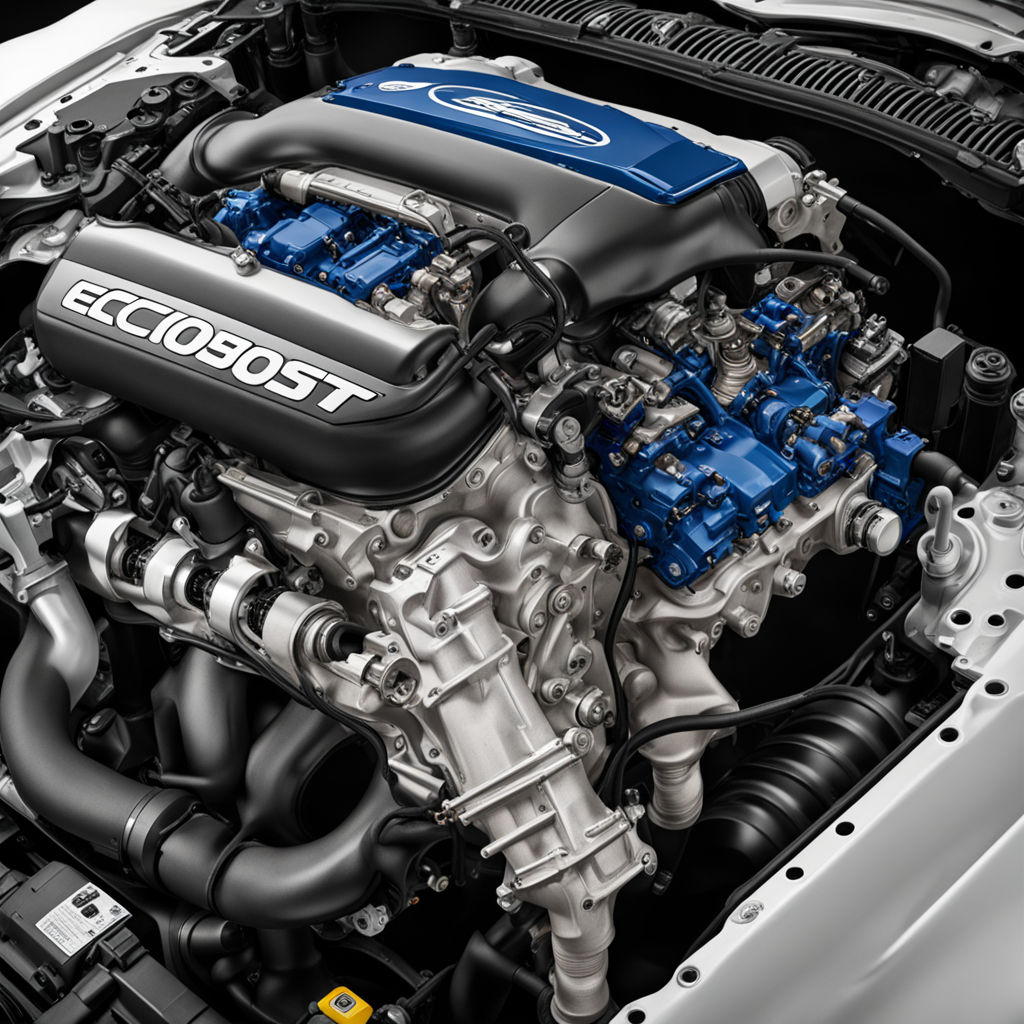
As a seasoned owner and enthusiast of the Ford F-150, I’ve experienced firsthand the strengths and occasional shortcomings of this iconic truck. Despite its reputation for reliability and performance, the F-150 is not immune to engine problems. Here, I delve deeper into the common engine issues that can arise in the Ford F-150, along with detailed solutions for fixing them.
1. Engine Misfires

Engine misfires are a prevalent issue in Ford F-150s and can manifest as rough idling, reduced acceleration, and an illuminated check engine light. The underlying causes often include faulty spark plugs, ignition coils, or fuel injectors.
Solution:
- Spark Plugs and Ignition Coils: Begin by inspecting the spark plugs for wear or damage. Spark plugs typically need replacement every 30,000 to 60,000 miles, depending on the type. Similarly, check the ignition coils for any signs of cracks or malfunction. Replacing worn spark plugs and coils can often resolve misfire issues.
- Fuel Injectors: If spark plugs and coils are in good condition, the next step is to inspect the fuel injectors. Fuel injectors can become clogged or leak over time, disrupting the fuel-air mixture necessary for proper combustion. Cleaning the injectors or replacing faulty ones can restore engine performance.
2. Timing Chain Issues
The timing chain in certain F-150 engines, notably the 5.4L Triton V8, can develop problems over time, leading to rattling noises and poor engine performance. The timing chain is responsible for synchronizing the camshaft and crankshaft, ensuring the engine's valves open and close at the correct times.

Solution:
- Inspection and Replacement: If you hear a rattling noise, particularly at startup, it’s crucial to inspect the timing chain and associated components like the tensioners and guides. Over time, these components can wear out, causing the chain to become loose. Replacing the timing chain, tensioners, and guides can prevent catastrophic engine damage. This is a complex repair and may require professional assistance.
3. Oil Consumption and Leaks
Excessive oil consumption and leaks are common, especially in older F-150 models. Symptoms include frequent low oil levels, blue smoke from the exhaust, and oil spots under the vehicle.

Solution:
- Regular Monitoring: Regularly check the oil level and top off as needed. Monitoring oil levels can help you catch issues early before they lead to severe engine damage.
- Inspect for Leaks: Common leak points include the valve covers, oil pan, and various gaskets. Inspect these areas for signs of oil seepage. Replacing worn gaskets and seals can often resolve leaks.
- High-Mileage Oil: For engines with high oil consumption, consider using a high-mileage oil designed to reduce consumption and protect older engines.
4. Cam Phaser Issues

Cam phasers, particularly in the 5.4L Triton V8, can cause issues like a rattling noise and loss of power. Cam phasers adjust the timing of the camshaft to optimize engine performance and efficiency.
Solution:
- Replacement: Replacing faulty cam phasers is typically the best solution. This repair can be labor-intensive, requiring special tools and knowledge of the engine’s timing system. Therefore, it’s often advisable to have a professional mechanic handle this repair.
5. EcoBoost Engine Problems

Ford’s EcoBoost engines are known for their power and efficiency, but they come with their own set of challenges. Common issues include carbon buildup on the intake valves and condensation buildup in the intercooler.
Solution:
- Carbon Buildup: Direct injection engines, like the EcoBoost, can suffer from carbon buildup on the intake valves. A professional intake cleaning service can help restore performance by removing these deposits.
- Intercooler Condensation: Intercooler condensation can lead to misfires and rough running. Installing an updated intercooler design or a catch can system can help manage condensation. Regularly checking and replacing the air filter can also prevent debris from entering the engine and exacerbating these issues.
6. Head Gasket Failure

Head gasket failure is a serious issue that can lead to coolant leaks, overheating, and significant engine damage. Symptoms include white smoke from the exhaust, engine overheating, and coolant in the oil.
Solution:
- Diagnosis and Repair: If you suspect a head gasket failure, perform a compression test to check for pressure loss in the cylinders and inspect for coolant contamination in the oil. Replacing a head gasket is a major repair that requires dismantling a significant portion of the engine. It’s usually best handled by an experienced mechanic.
Preventative Maintenance Tips
Maintaining your Ford F-150 with regular preventative measures can help you avoid many common engine problems:
- Regular Oil Changes: Use the manufacturer-recommended oil type and change it at the intervals suggested by Ford. Regular oil changes help maintain engine lubrication and performance.
- Coolant System Maintenance: Regularly check the coolant level and inspect the cooling system for leaks. Ensure the radiator and coolant reservoir are in good condition.
- Inspect Belts and Hoses: Belts and hoses degrade over time. Regularly inspect them for signs of wear and replace them as needed to prevent breakdowns.
- Use Quality Parts: When replacing parts, opt for OEM (Original Equipment Manufacturer) or high-quality aftermarket components to ensure compatibility and durability.
Conclusion
The Ford F-150 is a versatile and reliable truck, but being aware of these common engine problems and knowing how to address them can significantly enhance your ownership experience. Regular maintenance, timely repairs, and using quality parts are key to keeping your F-150 running smoothly. Whether you’re a seasoned DIY enthusiast or prefer professional help, understanding these issues and solutions will help you maintain your truck’s performance and longevity.

